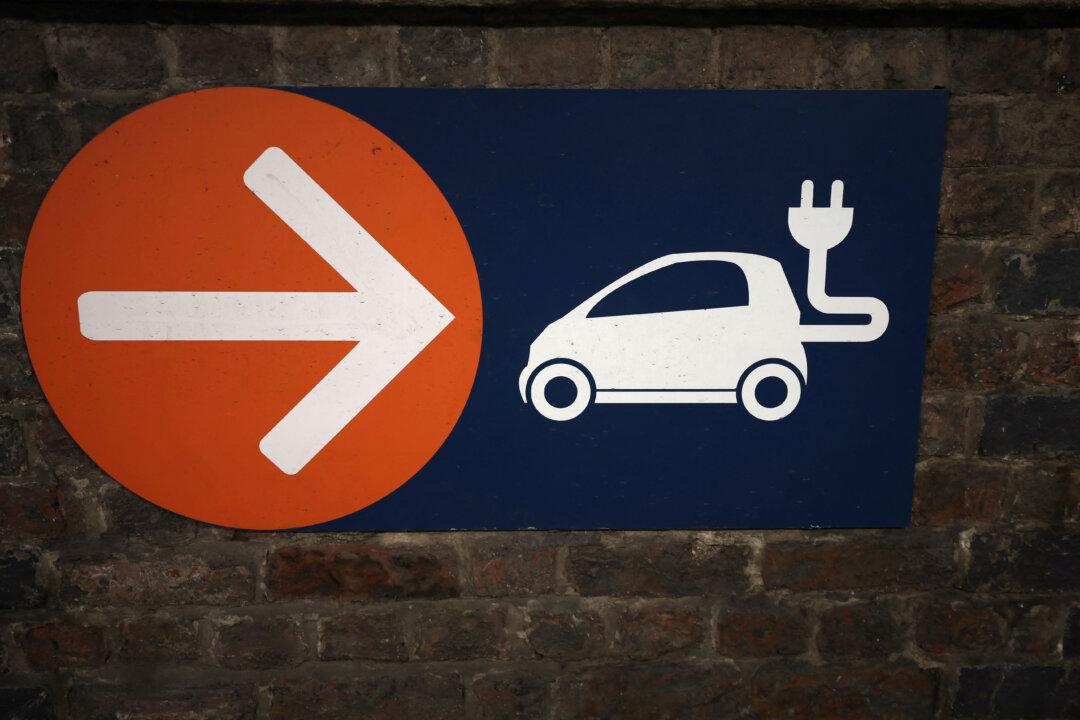The UK government has announced a consultation on its zero-emission vehicle target following warnings from the car industry that net-zero mandates could force brands to exit the UK market.
Under the UK’s current net zero targets, carmakers must ensure that a certain percentage of their sales are zero-emission vehicles, or face stiff financial penalties.





